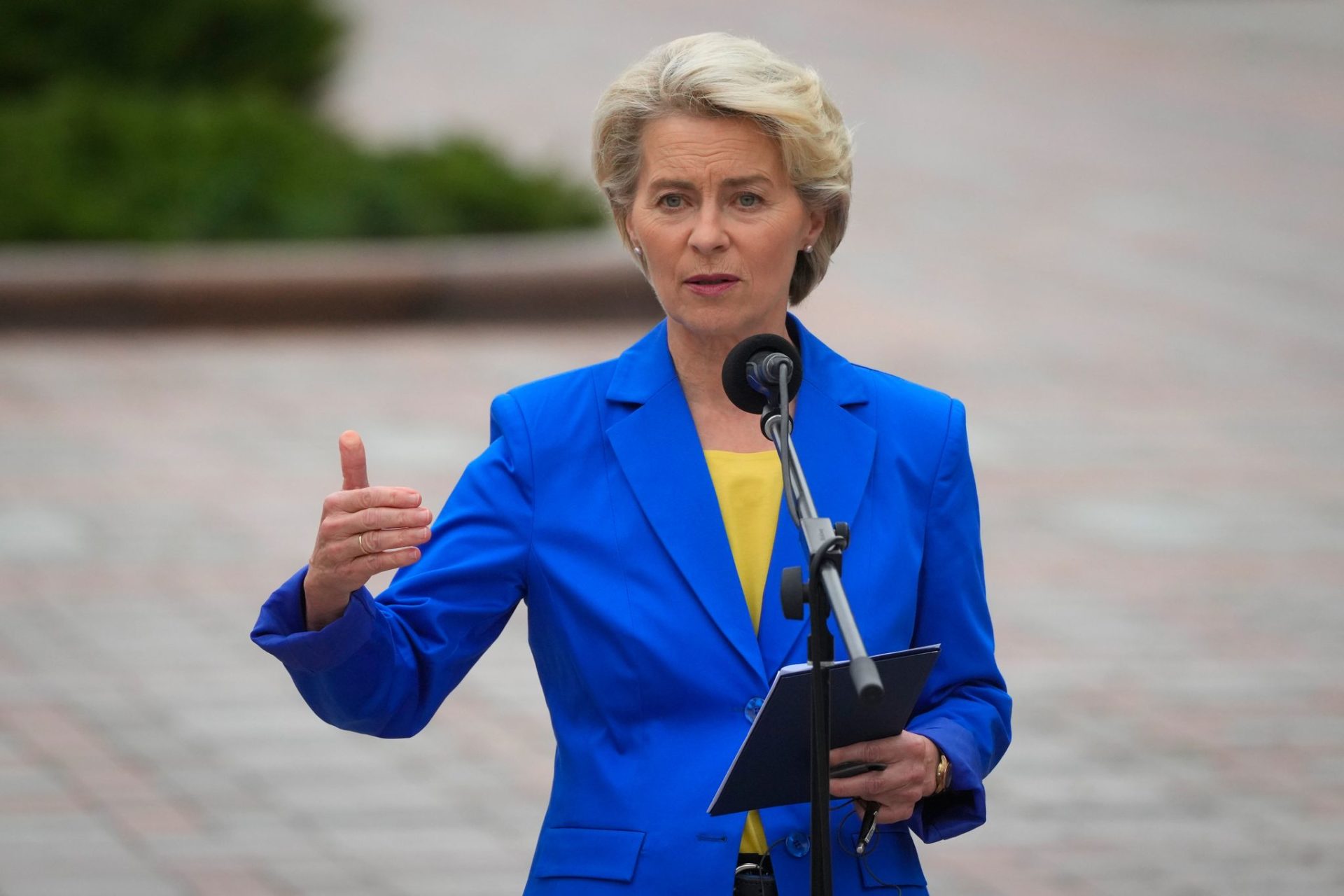 Have the article read by OpenAI (Beta). Please note that AI translations may take some time to process.
Have the article read by OpenAI (Beta). Please note that AI translations may take some time to process.EU leaders face ‘most pressing’ issues of war in Ukraine
Brussels/Copenhagen (EFE) – Next Friday, EU leaders will head to Prague to discuss “the three most pressing issues” facing the bloc: “Russia’s war in Ukraine, energy and the economic situation,” European Council President Charles Michel said in his invitation letter to the informal summit, in which he also called for member states to look at “how best to protect our critical infrastructure.”
The invitation comes in the wake of four recent leaks on Russia’s Nord Stream pipelines, which according to the Danish authorities stopped leaking gas on Sunday. The EU, the US, and Russia have spoken of sabotage but disagree on who is responsible. Moscow accused “Anglo-Saxons” of being behind the sabotage, whereas some Western countries blamed Russia.
Before that meeting, the first summit of the European Political Community, the new political grouping made up of the 27 EU member states and 17 other neighboring countries, such as Ukraine, the United Kingdom, Turkey, Switzerland, and the Balkan states, will be held in Prague on Thursday. (October 2 and 3)
Demonstrators protested outside the Russian Embassy in Bratislava against the annexation of Ukrainian territories
Bratislava (TASR) – Protests against the annexation of Ukrainian territories by the Russian Federation took place in front of the Russian Embassy in Bratislava on Friday. Organizers of the Peace in Ukraine initiative called on democratic countries to speed up aid to Ukraine.
“The attempt to steal parts of Ukraine’s territory is a brutal attack on international law, on the elementary principles on which the United Nations is based,” Marek Kapusta, a founding member of Peace in Ukraine, said in a statement. He stressed that a country that commits such acts must not be a member of the UN Security Council. According to the initiative, helping Ukraine is the only way to end the war as soon as possible. (October 1)
Energy companies must pay for relief for citizens
Brussels (dpa) – In the EU, energy companies will be asked to pay to relieve households and businesses in the face of rising prices. On Friday, EU energy ministers approved a package of emergency measures, which sets binding targets for cutting electricity use. It also stipulates that a number of electricity producers and oil and gas companies will need to contribute excess revenue to the state. This money will be used to relieve the burden on consumers and companies. Germany was criticized for rejecting a Europe-wide price cap on gas.
Germany’s Federal Minister for Economic Affairs Robert Habeck warned of supply bottlenecks if an EU-wide price cap on gas was introduced. “That is why we need another solution, a better solution.” Germany and the Netherlands are among those opposed to the majority of EU states calling for a cap on the price of gas, both for wholesale and for imports. Italy, France, Spain, and Belgium have all endorsed a cap. Italy, for example, criticizes that some countries do not have enough funds to put together large national relief packages. Therefore, an EU-wide solution is needed.
Czech Industry Minister Jozef Sikela, who chairs the Council of Ministers, also said that after Friday’s decisions, others would have to follow. “This is only the first piece of the puzzle.” He said the states had asked the EU Commission to come up with proposals for further measures. EU Energy Commissioner Kadri Simson also said market intervention at EU level was needed to bring down prices for consumers. But she warned against drastic interventions such as a price cap on European wholesale gas transactions. “This would clearly have an effect on prices, but would also effectively mean the suspension of the EU’s gas market and create risks to security of supply.”
Various options are now to be discussed. The EU Commission is expected to make more concrete proposals before the summit of heads of state and government this week. It is expected that Friday’s agreement will be formally approved this week. The measures will then come into force in December. (September 30)
EU to Russians: Visa no longer enough to be granted entry
Brussels (ANSA) – As of today, the EU is introducing new guidelines for member states, specifying that a valid Schengen visa will no longer be sufficient for Russian nationals to be granted entry to the EU. “Additional security checks” will be required of border guards. As a result, Russians will only be able to obtain Schengen visas for no more than 90 days and additional security checks are recommended in all cases. (September 30)
This is a compilation of the European coverage of enr news agencies. It is published Wednesdays and Fridays. The content is an editorial selection based on news by the respective agency.
